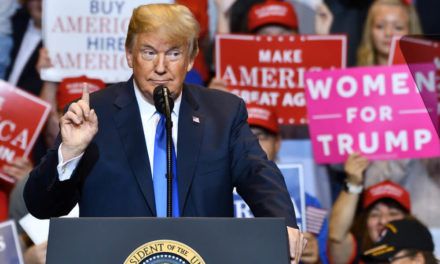Senators Chuck Schumer and Bernie Sanders are proposing legislation to curb company stock buybacks unless they raise the pay of their workers and offer other benefits.
Schumer (D-N.Y.) and Sanders (D-Vt.) laid out their plan, which would hinder a company’s ability to buy back its own shares, in a New York Times op-ed published Sunday.
Between 2008 and 2017, 466 of the S&P 500 companies spent around $4 trillion on stock buybacks, equal to 53 percent of profits. Another 30 percent of corporate profits went to dividends. When more than 80 percent of corporate profits go to buybacks and dividends, there is reason to be concerned.
This practice of corporate self-indulgence is not new, but it’s grown enormously. Fueled by the Trump tax cut, in 2018, United States corporations repurchased more than $1 trillion of their own stock, a staggering figure and the highest amount ever authorized in a single year.
First, stock buybacks don’t benefit the vast majority of Americans. That’s because large stockholders tend to be wealthier. Nearly 85 percent of all stocks owned by Americans belong to the wealthiest 10 percent of households. Of course, many corporate executives are compensated through stock-based pay. So when a company buys back its stock, boosting its value, the benefits go overwhelmingly to shareholders and executives, not workers.Second, when corporations direct resources to buy back shares on this scale, they restrain their capacity to reinvest profits more meaningfully in the company in terms of R&D, equipment, higher wages, paid medical leave, retirement benefits and worker retraining.
This isn’t the first time the left has sought to end or at least restrict buybacks. Sen. Tammy Baldwin, D-Wis., also argued that buybacks are contributing to economic inequality by diverting resources away from workers.
Schumer, Baldwin and more than a dozen lawmakers petitioned SEC Chair Jay Clayton last year, urging him to open public comments on the rules for buybacks.
[totalpoll id=”8487″]




